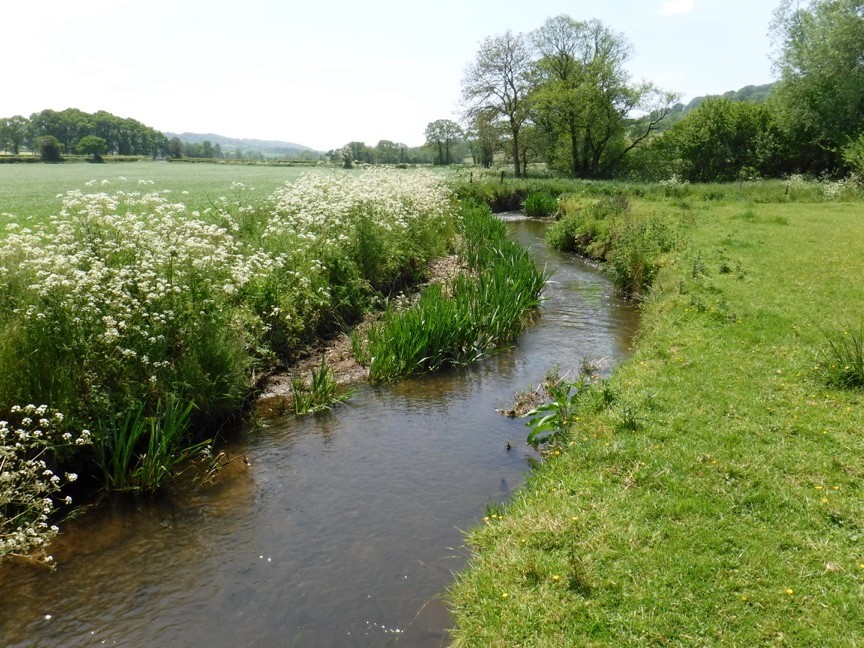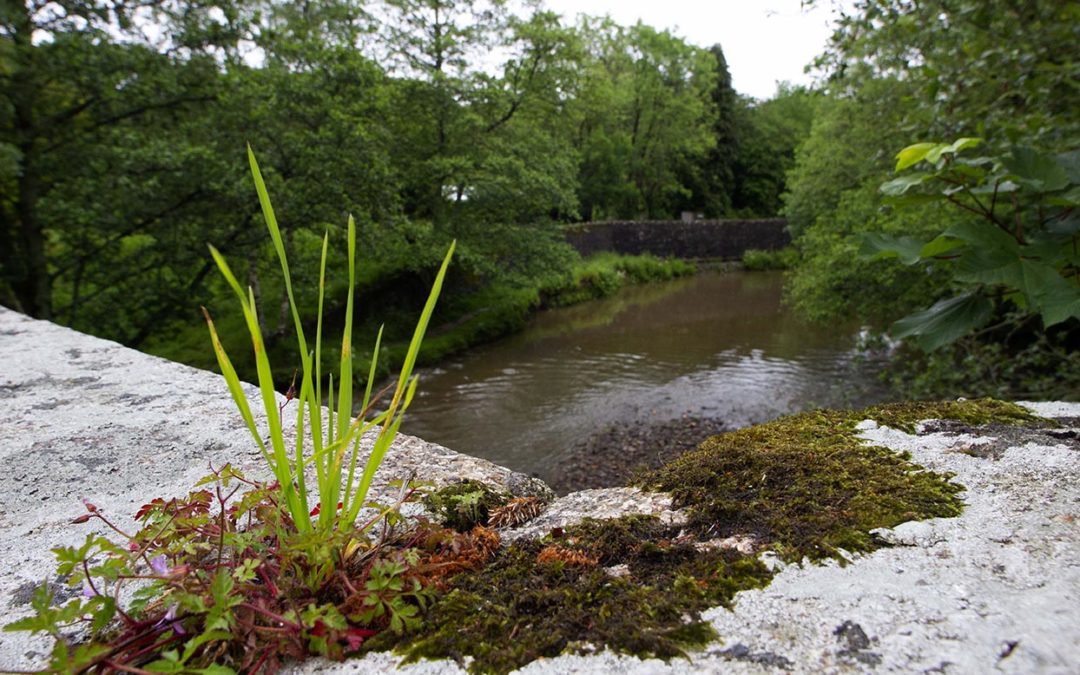Our head of fisheries and river management Bruce Stockley talks about fishing in relation to the environment.
It’s an obvious fact that country sports need the natural environment to function, but does the environment need country sports?
In these times of growing environmental awareness, many people question the value of using the natural world for country sports and consider fishing and shooting of wild animals to be wholly harmful to the natural environment, as the recent controversy over the general licence to shoot certain bird species demonstrates.
Of course, any activity done badly can be harmful, but is it possible to do it well? As head of the fisheries team at Westcountry Rivers Trust, I have worked closely with the angling community for some time, and although the trust would not presume to explore the complex questions regarding shooting and other land-based activities, we do know a thing or two about fish and fishing.
It’s around this time of year that the main river fishing season in the Westcountry begins. The famous mayfly, and many lesser known insects have their day in the sun and provide a welcome meal for river trout waking up from a long and cold winter. Of course, when the fish wake up, the anglers wake up too, right about now they are beginning to cast their imitation flies upon the water, to fool the hungry fish, and justify a day on the river, away from everyday life.
As we celebrate 25 years of river restoration at Westcountry Rivers Trust, it is a good time to reflect on the way anglers, as well as enjoying themselves, help conserve our rivers.
Our rivers need someone to be there at all sorts of unsocial hours, including midnight, watching to see if there are any problems. When, sadly, pollution kills river fish, or oil is spilled in our rivers, the anglers are often the first to make the phone call that something has gone wrong.
In fact, many are now going well beyond reporting fish killed, or pollution seen, and they are regularly making trips to the river to simply check on the health of river insects and use water testing kits to ensure that everything is in order.
Beyond being the eyes and ears on the water, anglers also give practical help to the river environment. Giving up their Sundays, they join us at the bankside to clear away rubbish, prune away excessive tree growth, and let a little light into over-shaded rivers. When trees are washed into rivers, blocking up streams, bridges and culverts, anglers go to work clearing them away.
When the wrong crops are planted in the wrong places, and at the wrong time, sand and soil washes into rivers, and angling club volunteers work together to clean this out away from vulnerable places in the rivers and streams. All this adds up to a river with more life in its waters, and of course (not by accident) more fish.
Although some may feel angling is perhaps a selfish pursuit, it can benefit anyone that lives near, or visits, an angled watercourse.
Given the environmental benefits of encouraging responsible fishing of our rivers and streams, it is important to me and to the trust to do what we can to enable this to happen.
For many years, the trust has run an ‘angling passport’ scheme. This enables anglers to fish waters that they would never be able to get access to at a very affordable price, and for fishery owners to get a small income from the river.
While this project, at 20-years-old, is the longest continuously running project the trust has ever done, it has become a little dated. Driving around the Westcountry to collect soggy paper tokens out of riverside letter boxes is all a little twentieth century and has its downsides which are both ecological and practical – not least due to the tendency of snails to regard the little paper tokens as tasty snacks.
Moving into the modern world, we have created a phone app, which uses electronic tokens (of no interest to snails as a foodstuff) that allow anglers to buy river fishing and brings a few other benefits as well.
With the new app called ‘Fish Pass’ anglers can submit catch returns immediately, letting us know if the river is in trouble. Additionally, anglers can instantly send us photos of any problems they find on the river, which truly links us with the ‘eyes and ears of the river’.
Beyond being helpful at the riverside, anglers also bring another resource to the riverside, money.
In an ideal world, it would not be money that talks, but, in our daily lives, it frequently speaks quite loudly.
When an angler wants to fish, they must pay for a licence from the Environment Agency, and in these difficult times, this provides much needed funds to protect the sensitive river environment.
Also, each time an angler pays a river owner for the right to fish, this river owner has a little nudge in the right direction and has an incentive to keep the river clean.
Such factors will never change major developments such as a new high-speed rail line, but they are part of the fabric of our countryside economy that help us to regard nature as a resource, and sometimes a sporting playground, rather than just a commodity to use up, tarmac over, and in the case of rivers, treat like a drain instead of a natural treasure.



Is it safe to eat the oysters from the lower end of the teign river
Hello,
For recreational purposes, we advise you to check with Devon and Severn Inshore Fisheries and Conservation Authority: https://www.devonandsevernifca.gov.uk/About-us/Contact
With bets wishes,
WRT.